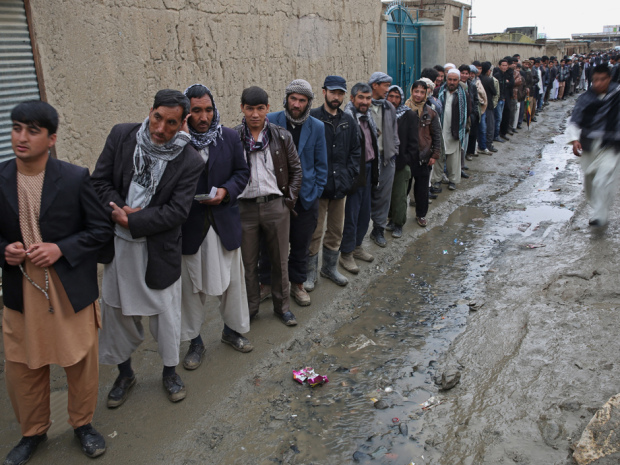With past week’s tragedy still dominating headlines across the world, the differences between local and Western press in how the conflict in Ukraine is viewed are starker than ever. This is a recurring phenomenon in our globalised world, with local and global media offering completely different interpretations of the same events as long as victims can be abstracted at a global level. Now that victims of the Ukrainian conflict include Western toursists, global and local perspectives will begin to converge. In the case of Ukraine, the difference between local and global perspectives goes back to the very beginning of the open conflict. The initial phase was seen as one of a clash between the West and Russia, in which the former considered it a struggle between the defenders of freedom against those who want to resuscitate authoritarian practices of the past; a conflict between those who are fighting for democracy against those who violate international law. Local media, on the other hand, focused more on cultural and geopolitical concerns, with Ukraine divided along ethnic lines and torn between spheres of influence.
Western mass media celebrated the fall of Yanukovich’s regime as a step towards the consolidation of democracy in the country, pushing it away from Russia and towards Western society. The actual local actors behind the two camps were overlooked in the process, at least by global media. Local media did pay attention to the fact that political parties had nationalist profiles with hints of clear xenophobia, but not so much in the West press: there, the victory of democracy facing the authoritarian oppression represented by the threat of Russia was the dominant narrative. Parties such as UNA-UNSO (Ukrainian National Assembly – Ukrainian People’s Self- Defense), Svodoba (Freedom), Batkisvshchyna (Freedom) have been supported by the international community as well as by media without much regard for their actual local agendas or suspect ideologies.
The context in which these events took place matters. When the suspension of Russian as a co-official language was approved in Congress, the delay caused a direct confrontation with Russia. The fact that Russian is the most spoken language in the eastern part of Ukraine- used by half of the population, and even more so in Crimea- showed how much this was a local issue, rather than an ideological clash for freedom. Yet this was mostly ignored by Western media despite being such an important factor in triggering the crisis.
Reviewing past newspaper editorials, there is no surprise to find out that the perceived enemy of European and Western democracy was lurking large in the interpretation of the local conflict: Vladimir Putin has been raised to the status of the greatest threat to Western stability, and therefore also seen as the main agitator opposing Ukrainian freedom. This perspective has been present throughout the crisis, and since the MH17 crash is a dominant factor in any Western analysis once again. The Russian president’s actions are thoroughly analyzed whilst those of other involved parties are not. The European energy situation and its clear dependence on Russia- causing a blatant clash between words and actions on behalf of European governments- are barely discussed. Authoritarian attitudes are criticized while simultaneously a remarkable dependence on that very same antagonist is created. The analysis of the Ukraine and last week’s disaster is framed within a moralistic discourse, while behind the scenes the same practical ambiguity continues. European realpolitik supported by helpful media choosing to ignore any moral complexity about responsibility of their own leaders and societies.
At a local level, things are different. Ukrainian media extensively covered the crash, of course, but did so from a perspective of a long conflict that has caused victims throughout: Ukraine’s dilemma is one of sustained violence, not one isolated incident. And yet, the local consequences of the MH17 crash may be greater than any of the violence that has occurred before or after, as it brings Western victims into the fray. The dichotomy of Western media discourse on the one hand, and ambiguous policies on the other, is no longer sustainable now. Local and global may join the same reality now, with both types of media covering the practical situation rather indulging in ideological judgments.
It is understandable that the idea of the conflict changes depending on the source of the given information. It is also comprehensible that the information provided is influenced by national matters, depending on how the particular country could be affected. But, as the current situation shows, the intention of giving global coverage cannot be done without starting from a local perspective. In this particular case, the actions taken by Europe to expand its borders to the East, or the ones taken by the NATO in the same direction, together with some deficiencies of these institutions, must be included in the analysis. The responsibility for local suffering cannot be projected solely onto the dictatorial face of Vladimir Putin. It is shared by many, including the free European press.

